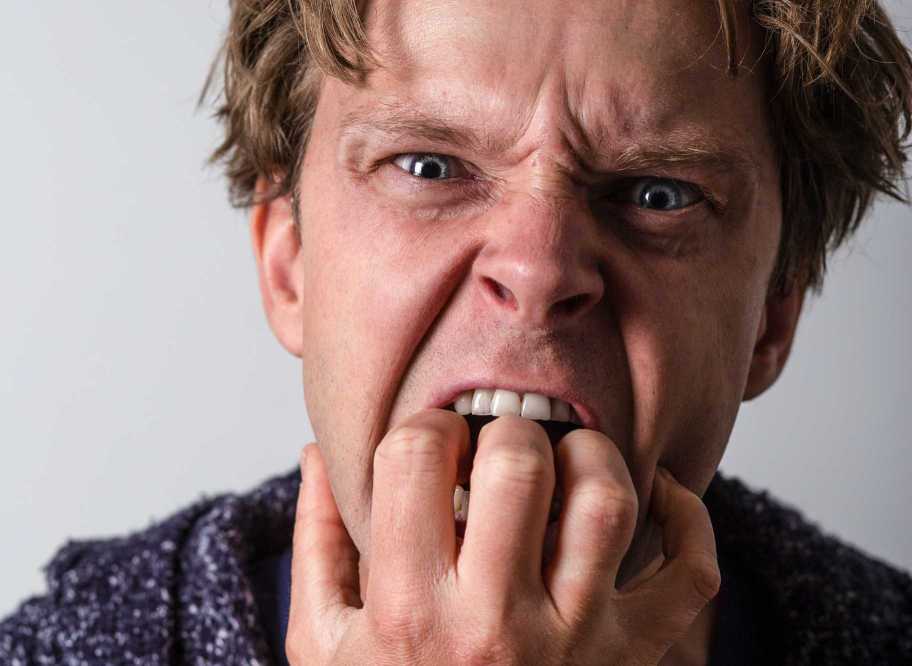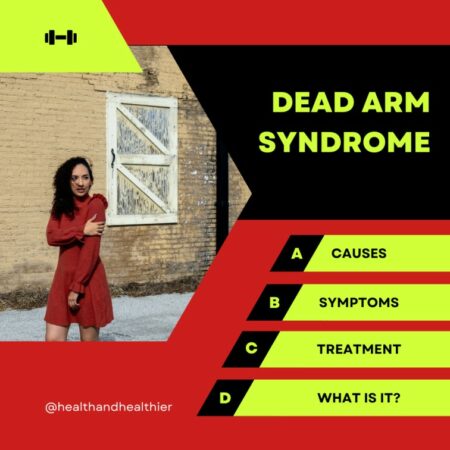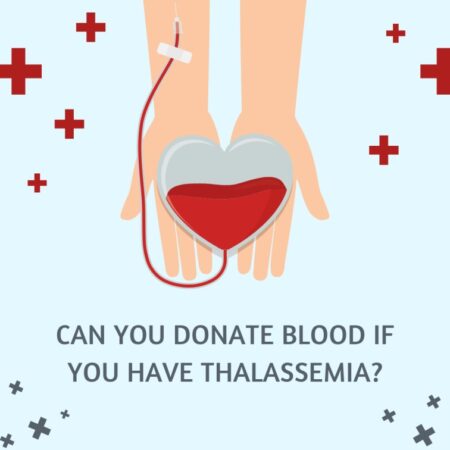Dermatophagia is often regarded as a psychological condition in which people tend to chew their own skin especially the sides of the nail. It cannot be entirely regarded as a medical condition, rather it can be regarded as a psychological habit in which people chew/bite their skin. Dermatophagia is a repetitive habit or behavior in which people chew nail hangs and fingers which leaves the skin infected and damaged. This is quite common in Asia.
Doctors generally categorize this condition as a Pathological Skin Condition (PSP). PSP’s fall under the category of Body Focused Repetitive Behavior (BFRB). The American Psychiatric Association mentions the presence of this habit in about 1 out of 20 people.
Table of Contents
Types of Dermatophagia
Generally, Dermatophagia is related to the biting of skin especially the skin beside your nails. Besides this, there are other types of this condition which includes
- Biting your fingers
- Biting your cheeks inside your mouth
- Biting your lips especially in nervous situations
- Continous chewing of your tongue
- Gnawing on the skin on your hand
I bet you on the fact that most of you have done at least one of the above-mentioned conditions once in your lifetime. But that does not mean you have this condition. The problem becomes when you develop this as an involuntary habit.
Symptoms
Chewing your skin when you were a child does not necessarily mean that you have dermatophagia. But when you do this on a regular basis but not intentionally it is known as dermatophagia. Studies mention this as a condition in which you do not hurt yourself but try to improve imperfections. It is also seen when you get highly tensed. The various symptoms which may confirm dermatophagia in you are as follows.
- Continuously chewing and biting your nail and hand skin.
- Bleeding in the area but you do not feel the pain that much
- Discoloration of the affected area
- Biting your lips and tongue when you are nervous about something
- Exposed skin after chewing the affected area
- You want to stop doing it but can’t as it becomes involuntary in nature
- Your social starts getting affected by this habit
Causes
Dermatophagia is regarded as a psychological condition and like any other psychological disease, dermatophagia does not have a single or an exact cause related to it. It may be caused due to genetic inheritance or the environment one grew up in. The various causes of Dermatophagia include
- Genetical factors
- Too much anxiety and stress
- Sudden trauma
- Build up of bad manners and behavior
- Negative emotions
Risk factors
Dermatophagia itself may not lead to certain medical complications but can be regarded as the cause of developing other diseases. These complications can lead to disturbances in your physical and mental. The various risk factors include
Untreated wounds
While you are busy chewing your skin beside nails or hands, the wounds caused by the bite remain untreated. This leads to the development of infections in the affected areas.
Pain
Witnessing pain in the affected area is quite obvious. Though Dermatophagia does not involve hurting yourself intentionally, the untreated wounds will lead to pain for a short time or for prolonged periods.
Social reputation goes down
Chewing your nails or skin is not accepted by society and is looked upon as a bad manner. This may lead to embarrassment of yourself and people may not even want to talk to you properly.
Just like any other BFRBs, this condition will harm you as well as your relation with people. Though the harm is not done intentionally it will definitely affect your physical health.
Cure and Treatment
Various researches and studies prove that there is no exact treatment of BFRBs. Dermatophagia being a type of BFRBs does not have any definitive cure. But there are ways you can treat this condition when things go extreme. The various treatments of Dermatophagia are as follows.
1. CBT ( Cognitive Behavior Therapy )
Cognitive behavior therapy is the best way to treat Dermatophagia. It is a type of psychotherapeutic treatment where people affected with this condition are taught how to reverse their bad habits which adversely affect their mental and physical health. In this method therapists generally identify the triggers and analyze the situations that result in the change of the behavior. Finally, they find out a way to fix this behavioral change. Social and family support is also required for this therapy to work.
2. Medicines
When the behavioral change is extreme and the CBT alone cannot fix the issue some medications are prescribed along with this. The various medications for the treatment of Dermatophagia include
- Fluoxetine (Prozac)
- Fluvoxamine (Luvox)
- Sertraline (Zoloft)
- Escitalopram (Lexapro)
- Paroxetine (Paxil)
- Ziprasidone (Geodon)
- Amitriptyline (Elavil)
People tend to stay away from medicines especially from medicines related to psychological problems because of what others will feel about them. This is entirely wrong as one must never forget the actual uses of medicines. As a result support from family, friends, and society is also required in curing someone affected with Dermatophagia.
3. Natural ways
There are also other natural and Ayurvedic ways that are believed to treat Dermatophagia. The various methods include daily massages, hypnosis and acupuncture. Sometimes chewing gum instead of biting your skin is suggested by therapists. Relieving your stress through deep sleep and breathing exercises will also work.
Conclusion
If you think you are affected with Dermatophagia always consult a mental health provider. We at Health&Healthier always suggest treating problems at their early stages as this increases the chances of entirely treating the problems.
Important Links
Dark Psychology – The dark side of the human mind
The Ultimate Guide to Thanatophobia – Causes, Symptoms, Treatment
Stop eating slate pencil and chalk – side effects and treatment





